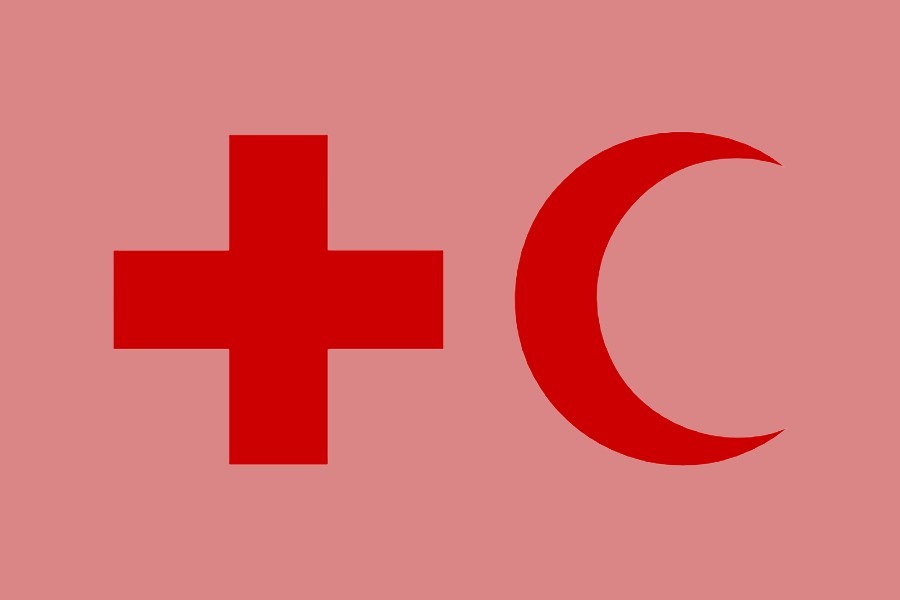International Federation of Red Cross and Red Crescent Societies (IFRC) has said a humanitarian calamity is engulfing South Asia as Covid-19 skyrockets across several countries setting new records, withover 200,000 people getting infected every day.
South Asia is fast becoming the new global epicentre of the Covid-19 pandemic, said IFRC on Friday.
This deadlier and more infectious new wave is overwhelming hospitals and social systems, heaping more distress on hundreds of millions of people already experiencing poverty and hardship.
On April 15, India recorded more than 200,700 cases in just one day, more than double the country's previous peak and the highest of any country in the world right now.
Bangladesh is recording almost 50 per cent more deaths a day than its previous peak in June 2020.
Pakistan's daily cases are spiking, with the highest ever Covid-19 daily death rate.
Udaya Regmi, International Federation of Red Cross and Red Crescent Societies (IFRC) Head of Delegation, South Asia, said the speed with which the virus is spreading in the region is truly frightening.
Over 1.5 million people are sick with Covid-19 in India, Bangladesh and Pakistan combined and that is 50 times more than that of one month ago, said Regmi.
"Thousands of lives are being lost, this is a tragic warning to all countries, that every effort must be maintained and we cannot afford to relax in containing this deadly Coronavirus," said IFRC South Asia head.
"The impact on frontline workers is catastrophic. Thousands of Red Cross and Red Crescent volunteers have stepped up efforts to help the elderly and those most at risk with access to lifesaving medical care, testing and vaccinations. Millions already face extreme poverty and we're helping with food, water and other relief."
There is growing evidence from health authorities that more virulent Covid-19 variants are fuelling this current surge in South Asia, said the IFRC.
Dr Abhishek Rimal, IFRC's Asia Pacific Coordinator for Emergency Health, said several countries in South Asia have already reported the B.1.1.7 and B.1.351 variants of concern from the UK and South Africa, which are more infectious and are increasing hospitalisation, putting a massive burden on the health system.
"As we enter the second year dealing with the pandemic, it's understandable that many people are sick of the restrictions and want to resume normal life. We must redouble our efforts to contain this disease as too many lives are at stake.
"We must place every effort to resource health workers and hospitals so people who are suffering receive the healthcare they need. This is a wakeup call to the world. Vaccines must be available to everyone, everywhere, rich and poor to overcome this terrible pandemic."


